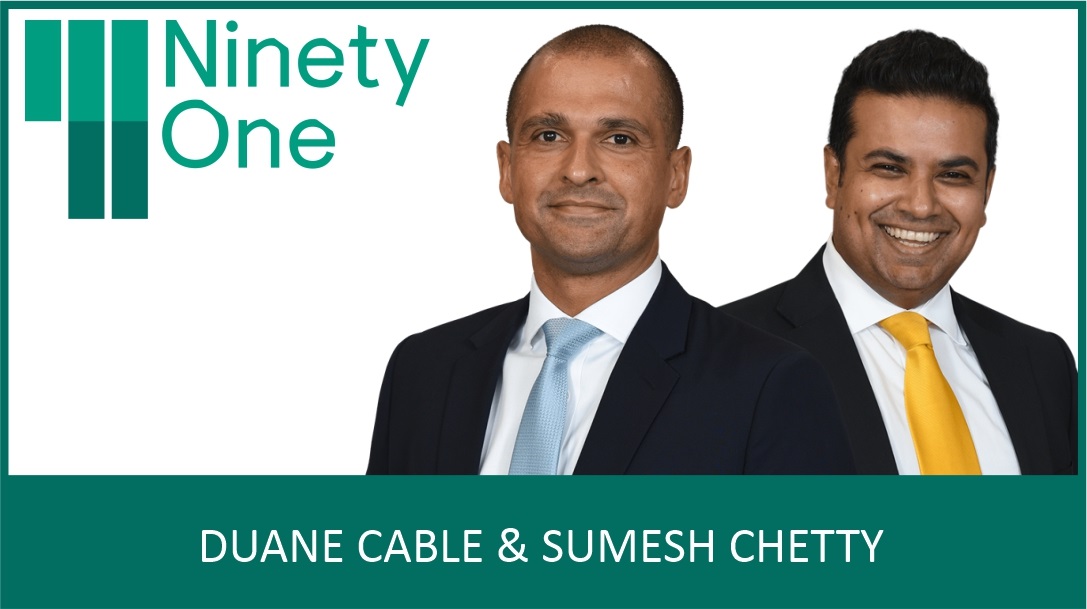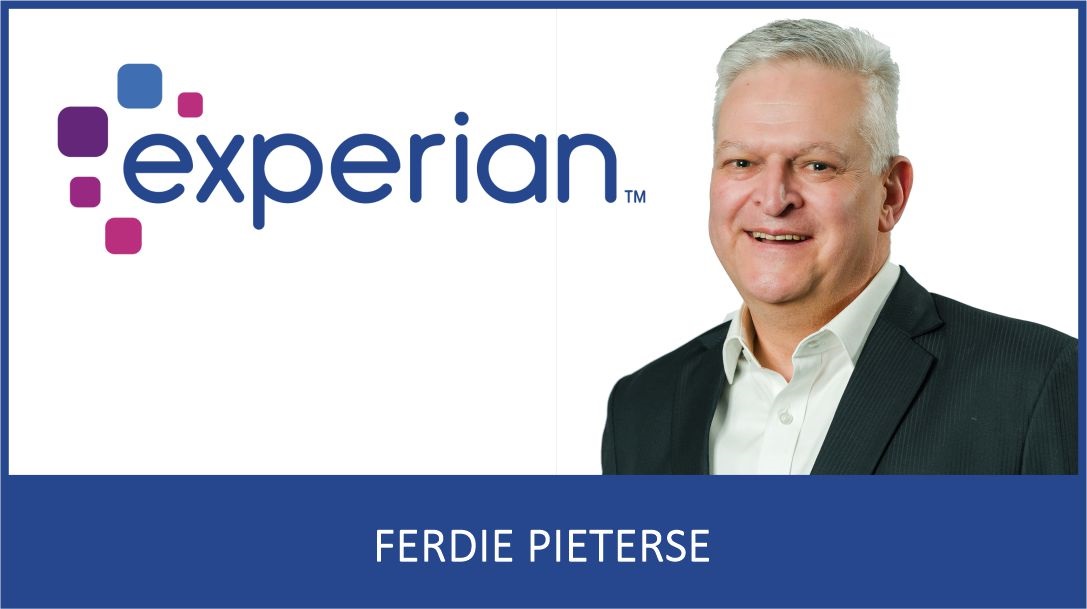Allister Langford, Head of Distribution at Triarc
If you are reading this, I can probably make a few broad assumptions (emphasis on broad). You are:
- Alive
- Probably well
- Not blind
- Literate (therefor educated)
- Financially literate (tertiary education in a related subject matter)
- Self-employed or employed
If you tick the box on points one to four, that makes you a very powerful human. Add five and six to the mix, and you become almost superhuman, imbued with health, skills and abilities that when added to a good network and work ethic, catapults you into a financial stratosphere that only a few humans occupy relative to the global population, let alone the South African population.
Notwithstanding the devastating impact that a combination of a terrible economy, political instability, labor law, regulatory constraints etc. can have on you, assumptions one to six still puts you way ahead of the pack and give you an edge with respect to income, survival, education for your kids, retirement savings, lifestyle, private health care, and of course, the disposable income that affords you the luxury of buying incredibly valuable life insurance on the open market.
Let’s change some of the assumptions.
- Alive
- Maybe well and maybe not so well
- Not blind but can’t afford proper prescription lenses and good frames.
- Some education
- Not financially educated, and no professional or tertiary education
- Probably not employed, or not well employed, and most likely part of the informal economy.
Imagine for a moment what this person must do to survive, feed and school the kids, get to work and back, and bury their dead. The only policy they perhaps think of buying is a funeral policy, and even then, it’s never a given that there will be enough money to pay the premium. No private health care, no retirement savings, no lifestyle in the way that lifestyle is conceptually understood and used to sell consumer products, property and luxury goods, and no real chance of them owning a proper life policy.
Let’s assume that all the above assumptions stay the same in the 2nd scenario, except for number 6. In this last scenario, we have a formally employed person. Not a high earner, but nonetheless a bread winner to an extended family. This person has a steady job. We (in financial services) tend to view and describe this person in rather mercenary terms. Let’s start with bankable. The banks work hard to ‘bank’ this person, and as many of them as they can, because this person and many more like him/her represent potentially material profits for banks, if they can ‘bank’ them in a way that makes commercial sense. To be fair, some banks work very hard to match their fees to this market, but it is still an expensive facility for this segment of the ‘bankable’ market.
For the insurance industry, particularly in respect of Group Risk products in Employee Benefits, they represent a large, low risk (from a premium payment view) market opportunity because premiums are payroll driven and scale is more or less achievable.
The only retail life insurance product this person can probably afford (assumption) is a funeral policy. So where is this conversation going then?
Well, as professional advisors and providers, one can make a reasonably safe assumption that we are fully conversant with the life changing power of life cover in the event of the untimely death of a bread winner (in this case). We are also conversant with the life changing power of spouses cover for the bread winner in the event of the untimely death of the spouse.
If you have been in this industry for any length of time, it’s likely that at some point in your journey, you have been involved in or actually witnessed the impact of the payment of a death claim on a surviving family. It is literally indescribable. It is one of those ‘there are no words’ moments. I’m 100% sure you resonate with that.
For an employed low-income person, to be a member of a Group Life policy as a consequence of their employment contract is a vastly understated and undervalued benefit (in my view based on what we have just talked about).
I believe we have an extraordinary responsibility as industry professionals to ensure that corporate South Africa, SME (small and medium enterprises) South Africa, and small business South Africa are properly and comprehensively educated and serviced so that the person (s) and their families we are discussing here are afforded some degree of protection cover that they otherwise would not be able to access.
My title for this piece refers to ‘Anyone’ and It still surprises me that many high income earners are inadequately prepared for an untimely death. High levels of gearing, indebtedness and high-cost lifestyle often leaves a surviving family in what can quickly become a financial nightmare. If this high earner is employed, that Group Life policy payout is often the policy and benefit that saves the day. I have witnessed that situation more than once in my career.
To wrap up, I believe in the extraordinary and undervalued power of Group Risk so much that when I was on the cusp of a cushy semi-retirement gig, I pivoted and invested my life savings into a business that builds Group Risk product and sells it. This allows me personally to sell it through professional brokers and advisors like you. Like you, I need purpose to get out of bed in the morning, and this is my purpose. It’s how I get to be a change agent in a meaningful way, albeit behind the scenes, and the brokers I work with to do that are all invested in the same thing.
I have not even mentioned disability benefits and the extraordinary impact they have on people who suffer early disablement in service.
Thanks for listening, I appreciate that, and I am very interested in listening to your views on this.
ENDS

























































































